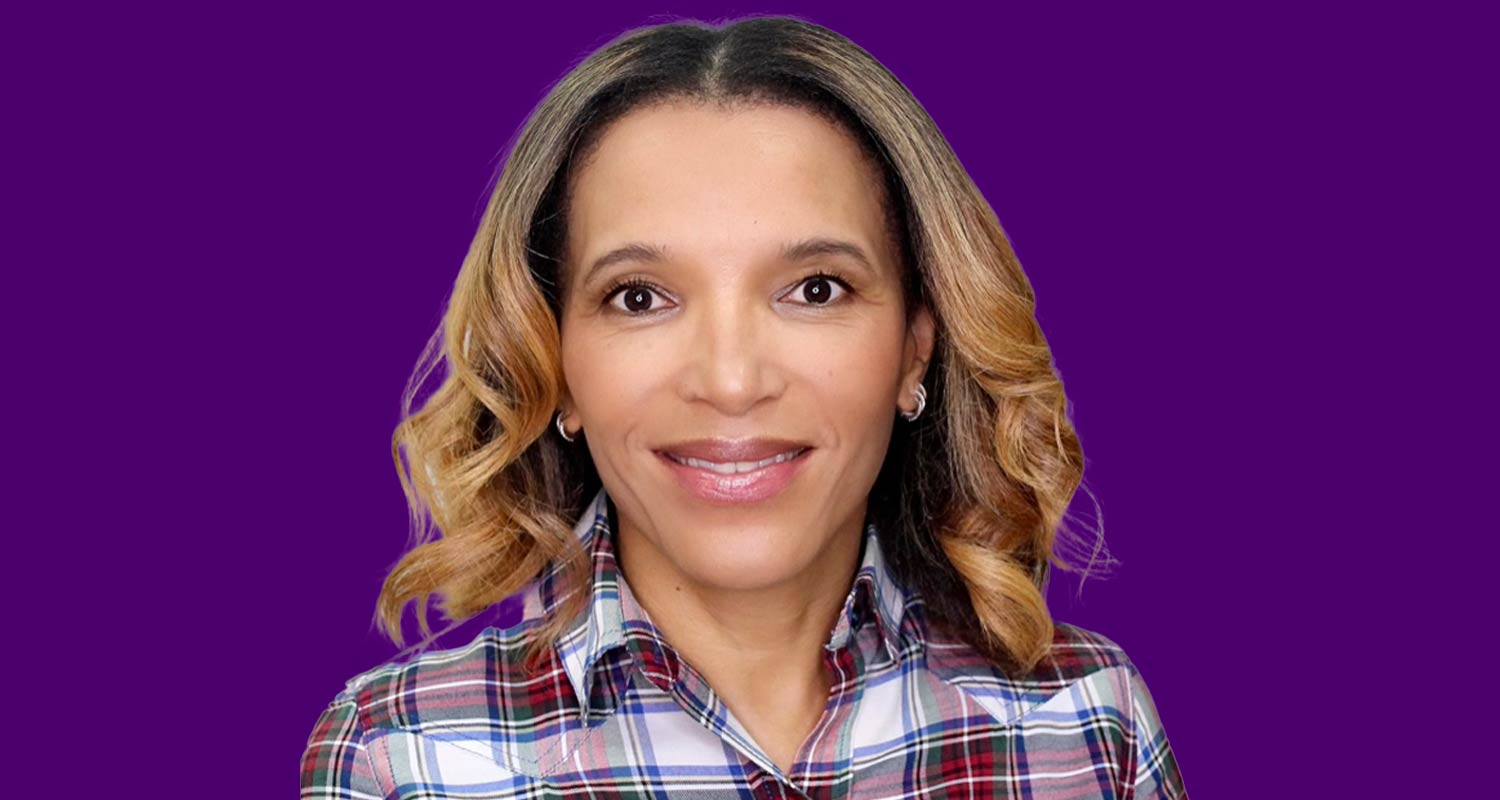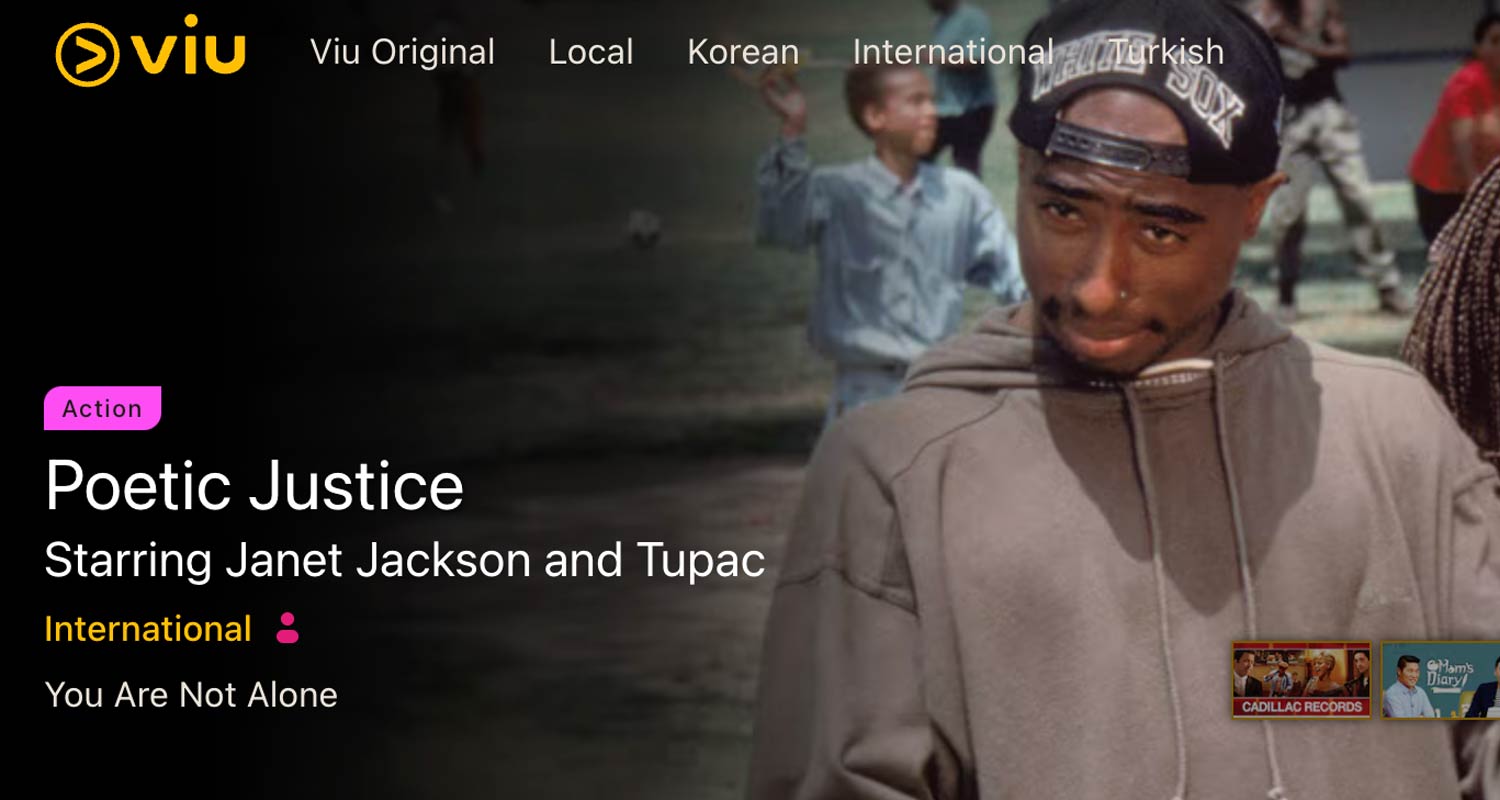
Viu, the streaming video entertainment platform launched in South Africa in 2019 and owned by Hong Kong-based PCCW Media, has 6.1 million monthly active users on its platform locally.
This is according to the company’s country leader, Elouise Kelly, who spoke to journalists on a webinar on Thursday.
French broadcasting giant Groupe Canal+, which is in the midst of trying to acquire a controlling stake in DStv parent MultiChoice Group, owns 36.8% of Viu. Similar to its strategy with MultiChoice, Canal+ has been slowly increasing its stake in Viu ahead of an unbundling from parent Vivendi, which will involve a separate listing in London.
Viu may not be nearly as large as MultiChoice, but a near doubling of its viewers in South Africa from 3.5 million to 6.1 million in the last six years does make it an attractive buy.
Kelly said part of the platform’s success is due to its dual revenue model: some 70% of Viu’s revenue is based on advertising to viewers who watch content on the platform for free. The other 30% comes from subscriptions. Subscribers get ad-free access as well as exclusive content.
“The dual business model gives our users a lot of freedom and flexibility in terms of how they consume our content. We’ve had the fastest growth in the last six years and I think we are only second to YouTube in the local market,” Kelly claimed.
Viewers
Viu describes its average customer as a 34-year-old black female who is likely employed on a part-time basis, earning around R3 500/month and living in a household of three or four people. Kelly said Viu users are typically data sensitive, preferring to use free Wi-Fi access at work or school to download content to watch in their own time later in the day. Peak viewing hours are between 5pm and 10pm, Kelly said.
Streaming services in South Africa won’t survive long without providing local content, she said. About 40% of the traffic on the Viu platform is driven by local titles such as Skeem Saam, 7de Laan, Generations: The Legacy and Viu original production uBettina Wethu. Blockbuster content, largely driven by US titles, is also popular.
But the company has seen some shifts in the content market, with an appetite for titles from Korea – so-called K-dramas – and Turkey growing in popularity. English subtitles are used to make them accessible to South African audiences. But the demand for foreign content is so great that part of Viu’s strategy for the next year is to dub more and more of these titles into South African languages to make them more accessible.
K-drama titles on Viu include Dr Romantic, My Lovely Liar and Woori the Virgin.
 While K-dramas are geared more towards English speakers, Turkish content is more aligned with Afrikaans audiences. Kelly said part of the growth in demand for Turkish content is due to the gap left by long-running Afrikaans shows like 7de Laan reaching end of life.
While K-dramas are geared more towards English speakers, Turkish content is more aligned with Afrikaans audiences. Kelly said part of the growth in demand for Turkish content is due to the gap left by long-running Afrikaans shows like 7de Laan reaching end of life.
For Viu, the dubbing of content in Afrikaans gives the company an opportunity to use internationally sourced content to contribute to the local economy by employing local vocal talent. “The Turks are doing well in TV production, particularly in the long-running dramas. We work with some of the best dubbing providers in the country and we want to make sure we don’t do our audience a disservice in that,” said Kelly.
Like most content platforms in South Africa, piracy is a problem for Viu. Kelly said the most common way Viu content is pirated is via illegal YouTube uploads, and the company has a team dedicated to scouring the internet, finding these uploads and requesting takedowns. — (c) 2024 NewsCentral Media




